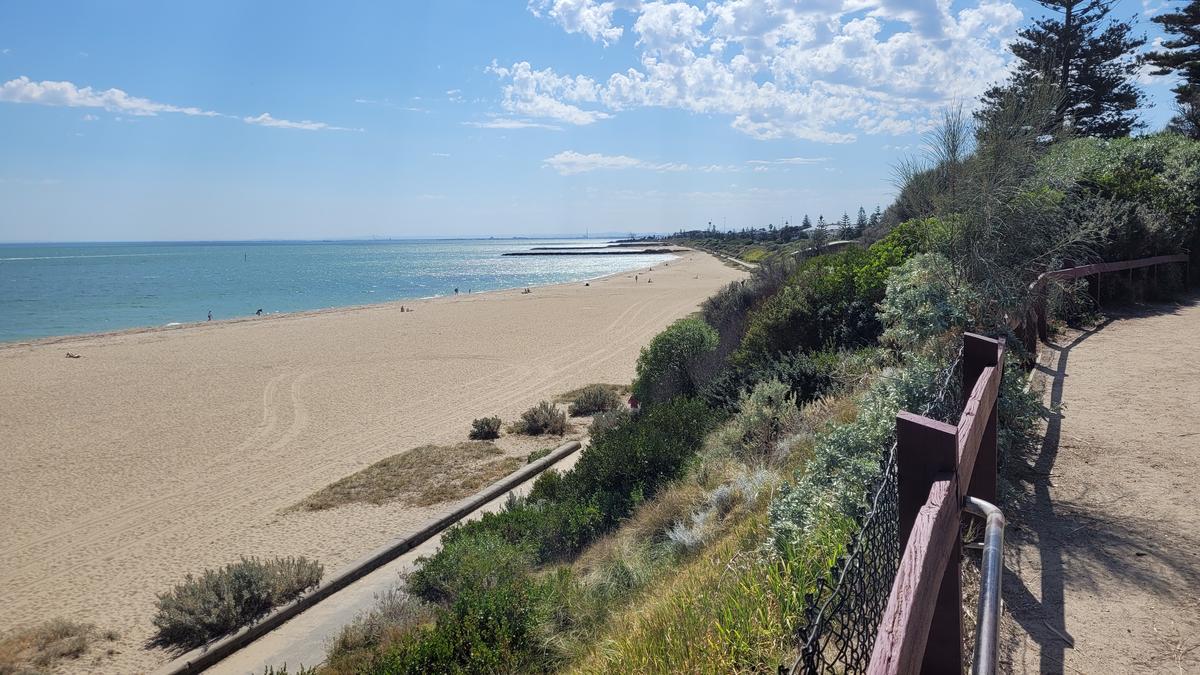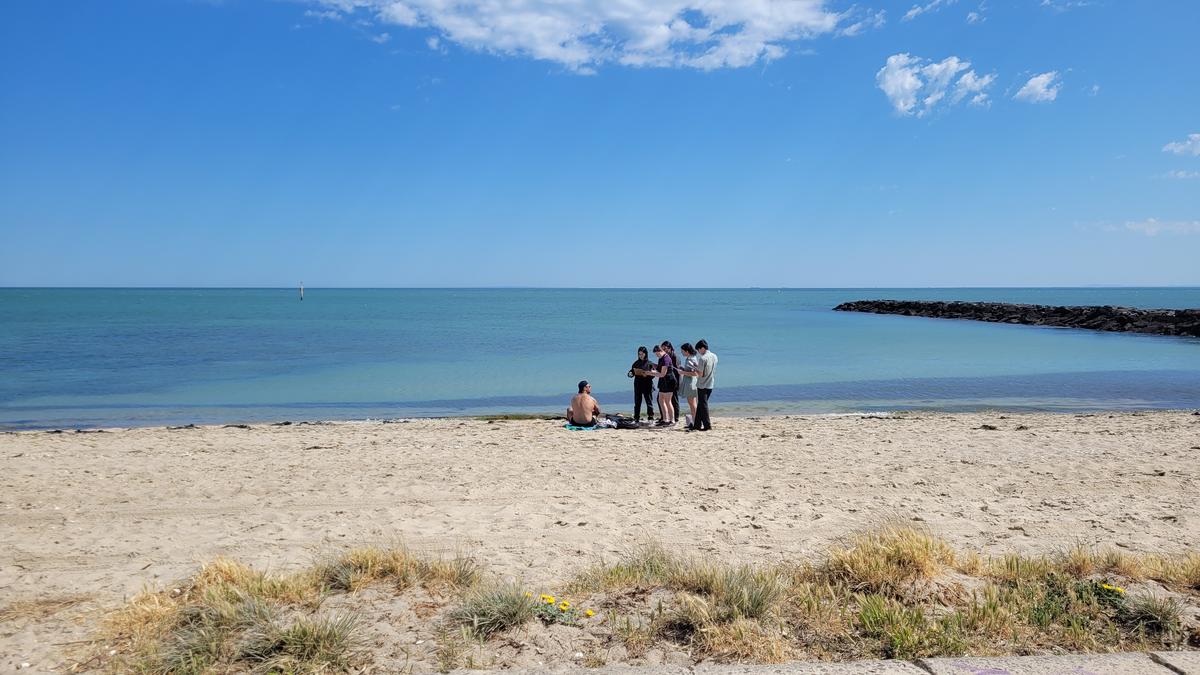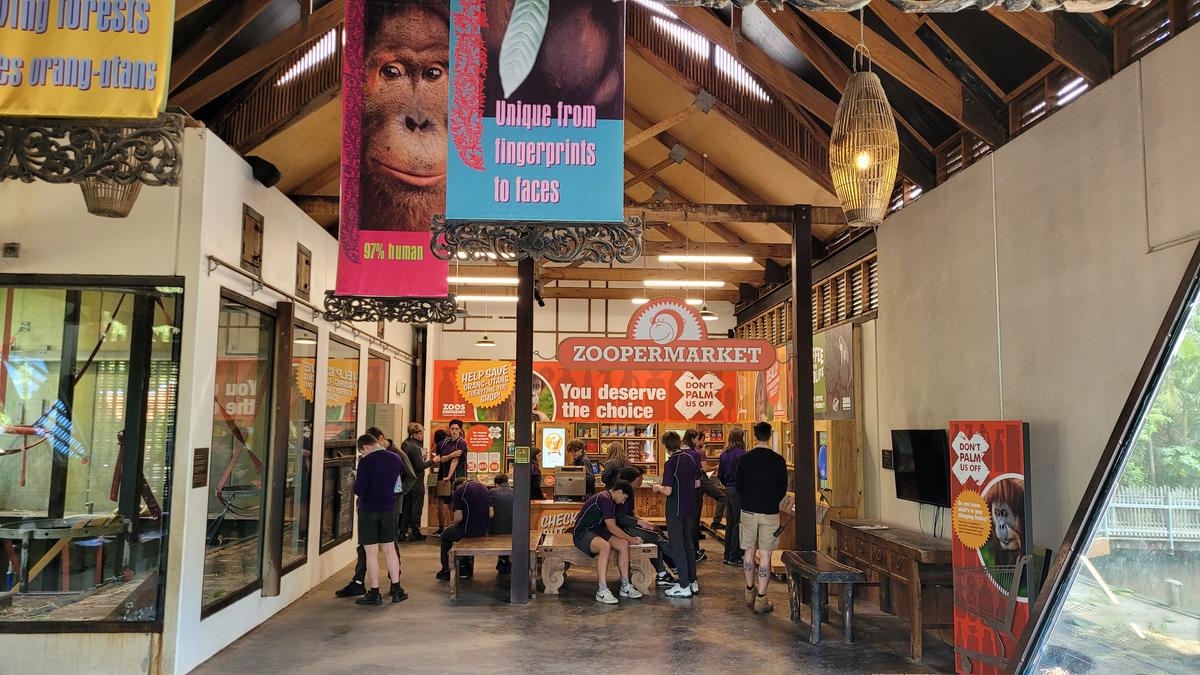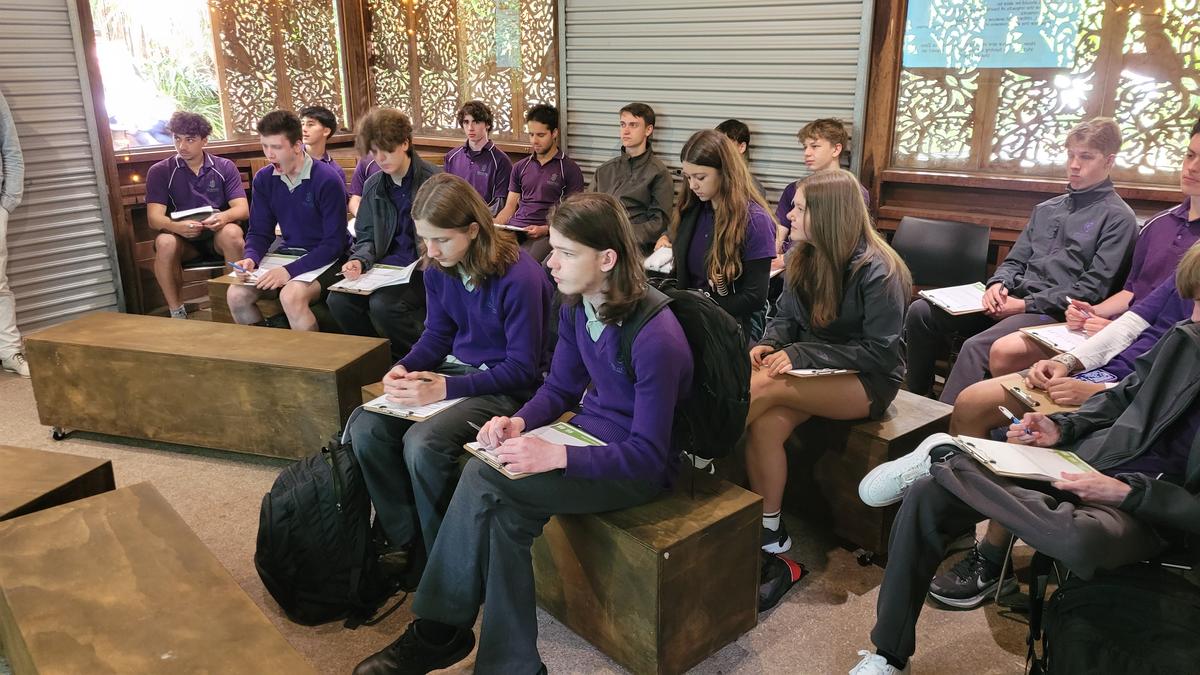GEOGRAPHY AND FIELDWORK
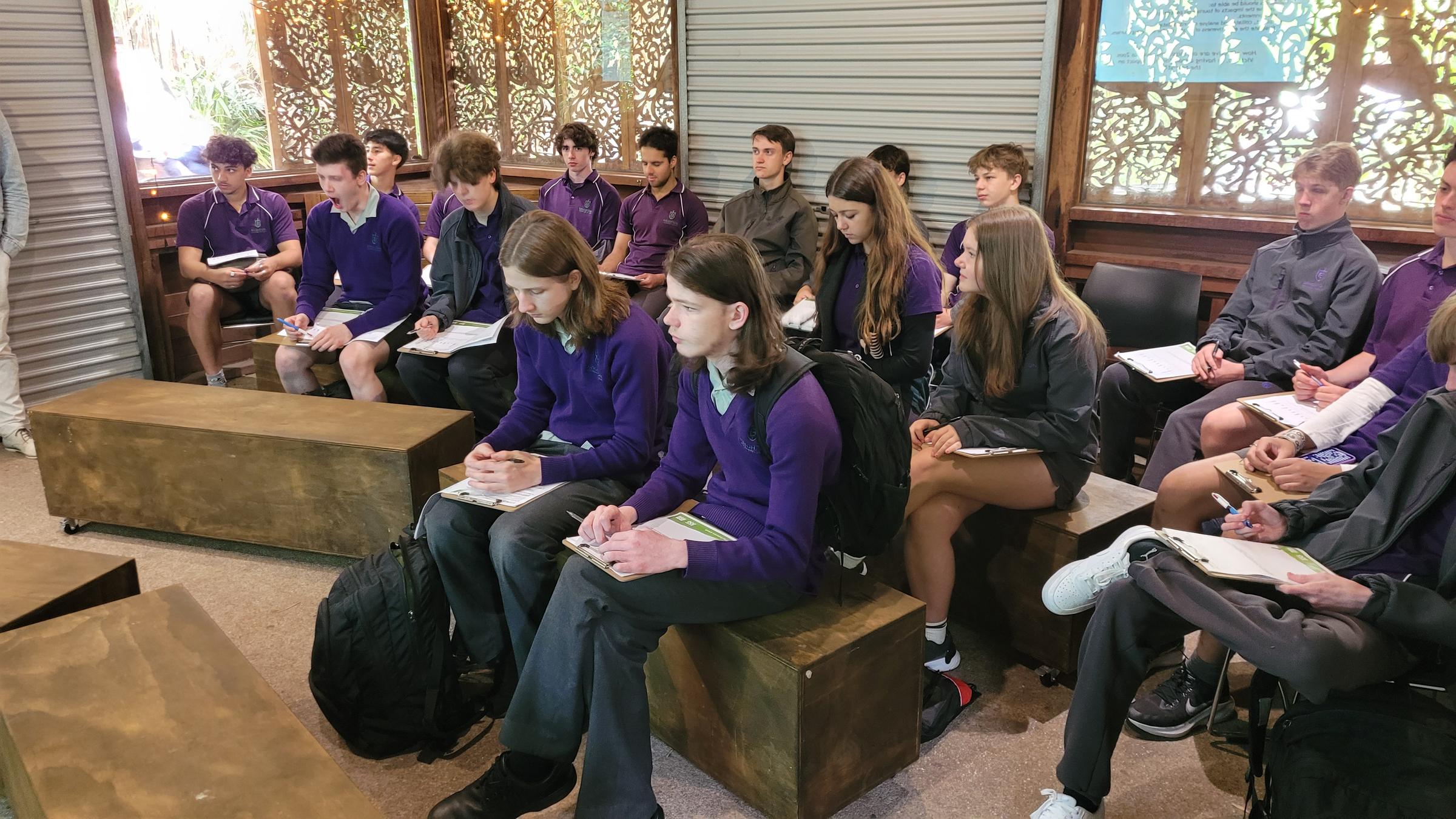
Fieldwork is an integral part of study in Geography. Not only does it connect us to places, but it is also the main source of primary data collection. In the past two weeks, Year 10 Humanities and Year 11 Geography students explored an issue and collected such observations firsthand in the field.
Year 10 Humanities
Students have most recently been studying coastal environments, their features, how they change over time, and how humans impact such places. We looked at different management strategies of the negative impacts, including a complex case of ICZM in the Netherlands.
All students then conducted fieldwork at Hampton beach, making scientific observations of local natural processes such as longshore drift, erosion and deposition. They also needed to take note of any management strategies the local council has employed to mitigate the negative environmental impacts of human use, including but not limited to groynes, rock armour, public lighting, rubbish bin. Classes collected a wide range data, thanks to varying spring weather and I look forward to reading the different conclusions students will draw in their fieldwork reports they are currently writing in class.
Year 11 Geography
The class has been investigating the characteristics of tourism and how its social, economic and environmental impacts are being managed all semester. Through our case studies we explored places in Northern Tropical Queensland, Italy and Melbourne. As much as we all wanted to conduct fieldwork in Rome, we settled with a critical assessment of Melbourne Zoo as a tourism site.
Students reviewed pre-fieldwork research, and established a working hypothesis to their research question. In the field on 9 October, they explored how successful the zoo is at attracting tourists and how it is managing the negative environmental, economic and social human impacts. Apart from their own observation, we had a session with the zoo’s educational officer to provide insight in their operations. The reports, where students analyse collected data and suggest ways of improving said practices to improve the sustainability of the place, is part of our VCE outcomes.

